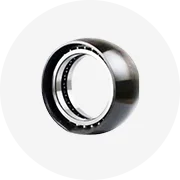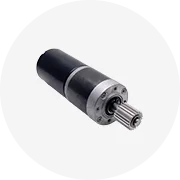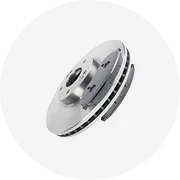
Programmable Controllers 2080LC1012QWB PN-80968 Micro810 12 I/O Smart Relay Controller 2080-LC10-12QWB


High Performance Large Discount Super Quality AC Controller Soft Module 3 Phase Motor 11KW Soft Starter 380 440V













Programmable motor controllers are sophisticated devices integral to the operation of various electric motors. These controllers serve as the central unit that manages the performance of motors across numerous applications. By adjusting parameters through software, these controllers allow for precise control over motor speed, direction, and torque, making them essential for tasks requiring high levels of accuracy and customization.
The versatility of programmable motor controllers is evident in their wide range of types, each suited to specific motor categories such as AC induction, synchronous, and DC motors. Their applications span across diverse industries, from industrial machinery in sintering processes to the dynamic world of e-Bike motor management. In the realm of agriculture, they are pivotal in hydroponic systems, ensuring optimal growth conditions through precise motor control.
A programmable motor controller typically comprises two main components: the stator, which remains static, and the rotor, which rotates. These controllers are engineered using robust materials that ensure durability and consistent performance. The programmability aspect allows for tailored operational profiles, which can be crucial for devices like water heaters, pumps, and motorized off-road equipment.
The primary advantage of using a programmable motor controller lies in its adaptability. Users can reprogram the controller to suit different tasks and conditions, thereby extending the motor's versatility and application scope. This flexibility is particularly beneficial in industrial settings where machinery must perform various functions.
When sourcing a programmable motor controller, it is essential to match the controller to the specific motor type to ensure compatibility and performance. The selection process involves understanding the motor's characteristics and the operational demands of the application. It is not just about finding a controller; it is about finding the right controller for your specific needs.
In conclusion, the programmable motor controller is a pivotal component in modern automation and machinery. Its ability to be programmed for precise control makes it indispensable in a myriad of applications. For those in search of such controllers, a platform like Alibaba.com offers a comprehensive range of options to meet various operational requirements without the constraints of brand affiliation or promotional biases.